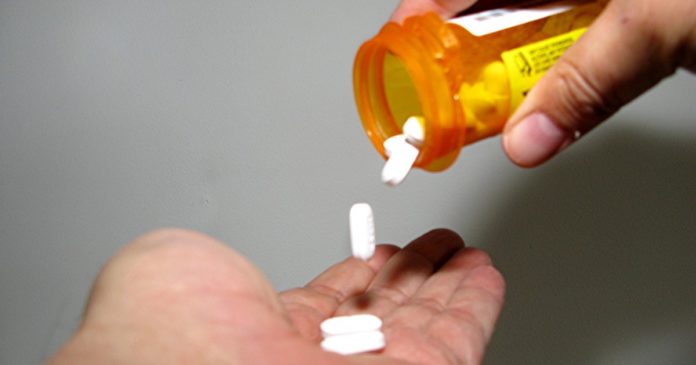According to an estimate, four in ten people who have had a stroke, go on to have another one within ten years. As a second stroke carries a greater risk of disability and death than first-time strokes, it is important that survivors take medicine daily to lower their risk. There are around 1.2 million stroke survivors in the UK, and at least a third suffer from severe impairments, potentially making adherence to their medicine difficult.
Among all, half of them majorly rely on others for everyday activities. Scientists at the University of Cambridge and Queen Mary University of London conducted a study to analyze the practical support stroke survivors living in the community need and receive with taking their medicines.
During the examination, scientists developed the questionnaire together with stroke survivors and caregivers. The questionnaire was completed by 600 participants across 18 GP practices in the UK.
56% of stroke survivors need help with taking medication. This included help with solutions and accumulation of drugs (half), getting meds out of the bundling (28%), being reminded to take meds (36%), gulping pharmaceuticals (20%) and watching that medications have been taken (34%). Being reliant on others was connected to encountering more neglected needs with everyday medication taking.
Around one out of ten (11%) of respondents addressed yes to the inquiry “Do you believe you require more help?” The most ordinarily revealed regions where respondents said they required more help were being reminded to take medications, managing solutions and accumulation of meds, and getting meds out the bundling. Subsequently, around one out of three (35%) of respondents said they had missed taking the drug in the past 30 days.
Dr Anna De Simoni from the University of Cambridge said, “Because of the risk of a second stroke, it’s important that stroke survivors take their medication, but our study has shown that this can present challenges. In the majority of cases, they receive the help they need, but there is still a sizeable minority who don’t receive all the assistance they need.”
Interestingly, the researchers found that younger stroke survivors were more likely to miss their medicines, possibly because they are less likely to receive help from a caregiver.
James Jamison at the Department of Public Health and Primary Care, University of Cambridge, who led the study as part of his PhD, adds: “Our study has shown us some of the barriers that people face to taking their medication regularly. We also learned that stroke survivors who are dependent on others are most likely to need more assistance than they currently receive.
“Our response rate was relatively low – just over one in three – so we need more research to find out if what we’ve heard from our respondents is widespread among stroke survivors. If so, this will have implications for the care provided.”
“Advances in technology have the potential to help improve adherence, such as electronic devices prompting medication taking times. Efforts to improve medication taking among survivors of stroke using technology are already underway and have shown promise.”
The research is published in journal BMJ Open.
